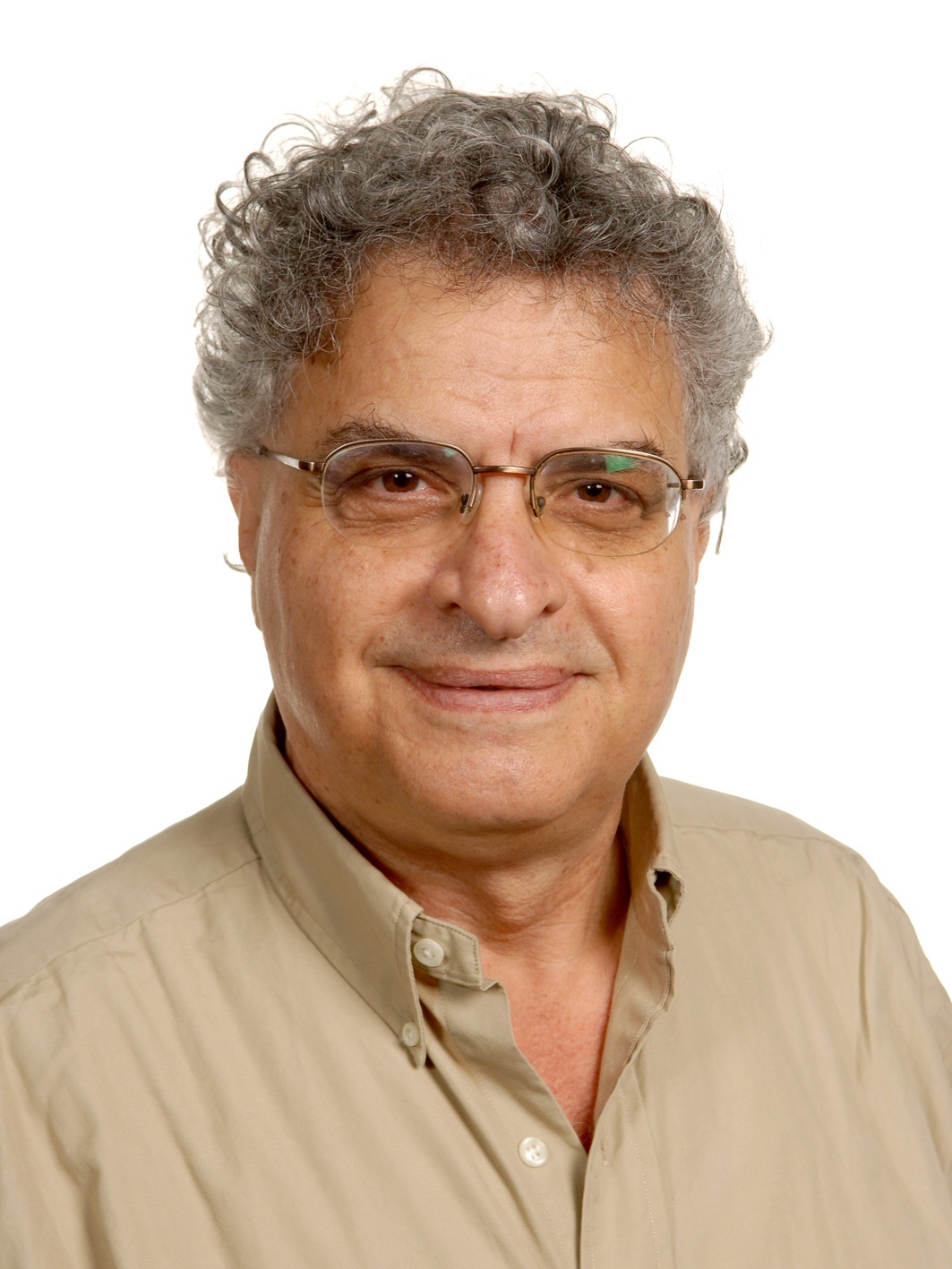Weizmann Institute of Science scientists used gene therapy techniques and managed to strengthen memories in rats

Long-term memory is an elusive thing. Its fragility was highlighted a few years ago by scientists at the Weizmann Institute of Science, who erased entire memories of rats by blocking a single protein in the brain. In other words, the memory - which we imagine as an orderly archive of files - is actually a dynamic machine, which needs constant maintenance to function properly. In another recently published study, Prof. Yadin Dodai, Dr. Alon Chen and research students Reut Shema and Sharon Harmati from the Weizmann Institute of Science, who worked together with Prof. Todd Sektor from New York, showed that increased activation of the protein they blocked in their previous study may improve memory.
The studied protein - zetaPKM - is created in the brain in response to learning, and it acts on the synapses - areas where there are interactions between nerve cells. The protein continues to function in synapses long after the memory is produced - which indicates that its role is not related to learning itself, that is, to the absorption of information, but to the retention of the learned information in the "drive" of the long-term memory. In 2007, Prof. Yadin Dodai and research student Reut Shema from the Department of Neurobiology at the Weizmann Institute of Science, together with Prof. Todd Sektor from the Downstate SUNY Medical Center in New York State, were able to teach rats to avoid a certain flavor, which was added to the drinking water, and then blocked the activity of - zetaPKM in their minds. While the rats in the control group continued to show a strong aversion to the taste for months after learning, the rats in which the activity of the protein was blocked forgot what they had learned, and did not avoid the problematic taste.
Is the opposite also true, and the addition of zetaPKM can improve memory? Answering this question is a more difficult task than testing the opposite claim by blocking the protein's activity. A simple injection of the protein into the gray matter of the rats is out of the question, because large substances like proteins cannot penetrate into the brain. Therefore, Prof. Dudai, Shema and Prof. Sector turned to Dr. Alon Chen and research student Sharon Harmati, also from the Department of Neurobiology at the Weizmann Institute of Science, and created viruses that are able to insert copies of the gene for zetaPKM into the nuclei of brain cells - something that causes these cells produce larger amounts of the protein.
At this stage, the scientists taught the treated rats to avoid a certain reason. Several weeks after conditioning, the rats in which the brain cells produced a greater amount of the protein preferred to avoid drinking water with the flavor to a greater extent. In other words, excess zetaPKM improved their memory. This research is the first demonstration of the ability to improve previously created memories through increased activation of one of the components of the brain's memory machine.
The method developed by the scientists is only suitable for laboratory experiments, but they hope that a detailed understanding of the role played by this central component of the "memory machine", will allow in the future to develop ways to prevent or treat memory loss.

One response
Remind me what the article was about?